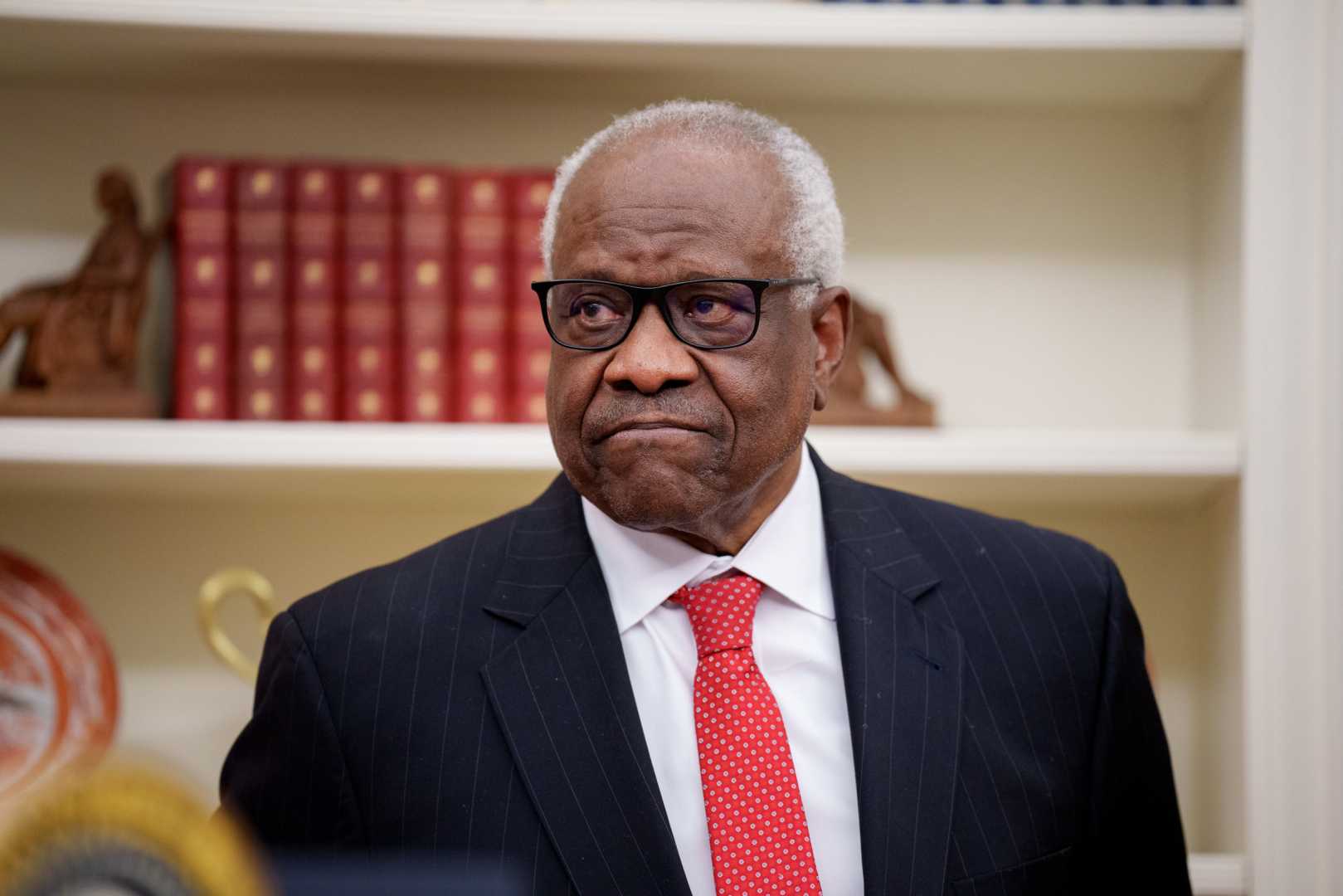Politics
Supreme Court May Reconsider Key Voting Rights Act Protections

WASHINGTON, D.C. — Supreme Court Justice Clarence Thomas has been advocating for changes to the Voting Rights Act (VRA) for decades, specifically to eliminate parts that protect racial minorities from discriminatory voting practices. His dissenting views, which began in 1994, are gaining traction as the court shifts with the appointment of more conservative justices.
Recent developments indicate that the Supreme Court is seriously re-evaluating the VRA in a case involving redistricting in Louisiana. This comes as certain states resist implementing court directives aimed at rectifying discriminatory practices, amid changes in the federal government’s approach to voting rights under President Donald Trump.
The high court’s impending decision on the Louisiana case could significantly impact congressional maps for the 2026 elections. On June 27, the justices announced they would reargue the case, a rare occurrence that typically suggests more substantial consequences.
Thomas expressed urgency for the court to act, stating that the VRA’s Section 2 infringes upon the equal protection guaranteed by the Constitution. “I am hopeful that this Court will soon realize that the conflict its Section 2 jurisprudence has sown with the Constitution is too severe to ignore,” he wrote in a dissenting statement.
While no other justice supported his dissent, some justices, including Neil Gorsuch, have echoed Thomas’s views on the limitations of voting rights protections. This shift in perspective from justices like Chief Justice John Roberts, who previously opposed such views, indicates a potential transformation in the court’s stance on racial considerations in voting districts.
The Louisiana case originated from a district court ruling that found the state’s single Black-majority congressional district violated the VRA. After the state redrew the map to include two Black-majority districts, a lawsuit from predominantly White voters claimed it constituted an unconstitutional racial gerrymander, aligning with Thomas’s arguments.
Legal experts emphasize that existing Supreme Court precedent provides a framework for when Section 2’s remedies are necessary. Many argue that legislative bodies have the latitude to consider political interests alongside racial factors in redistricting.
Separate from the Louisiana proceedings, an ongoing debate exists regarding whether private citizens can sue under Section 2 of the VRA, particularly as the Justice Department withdraws from various voting rights cases. This issue is poised to become more critical as recent rulings suggest only the Justice Department may initiate such claims.
Legal representatives for tribes addressing voting rights issues have expressed their intent to appeal rulings that restrict enforcement rights, highlighting disparities in voting protections across different parts of the country.
With the Supreme Court set to address these pressing issues, the future of voting rights protections remains uncertain, potentially reshaping the electoral landscape in the years to come.












